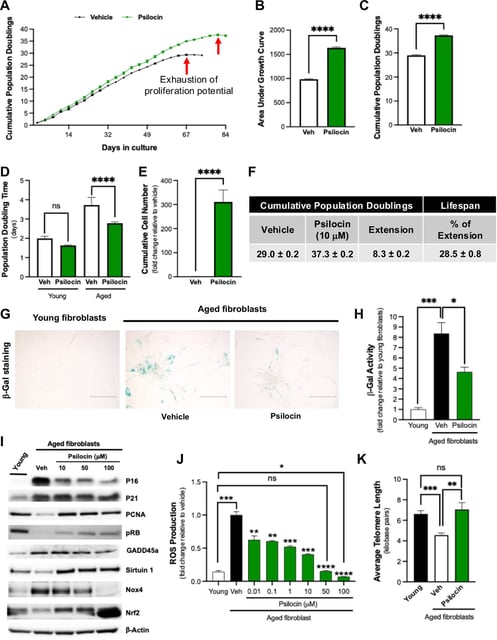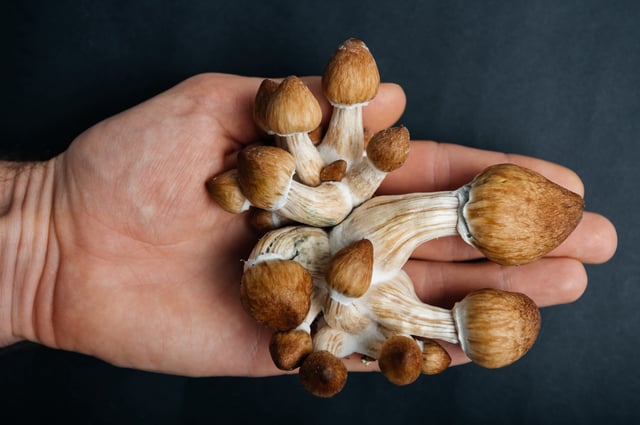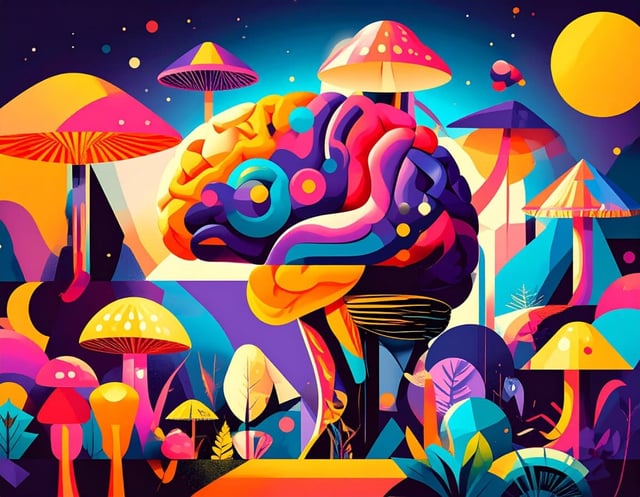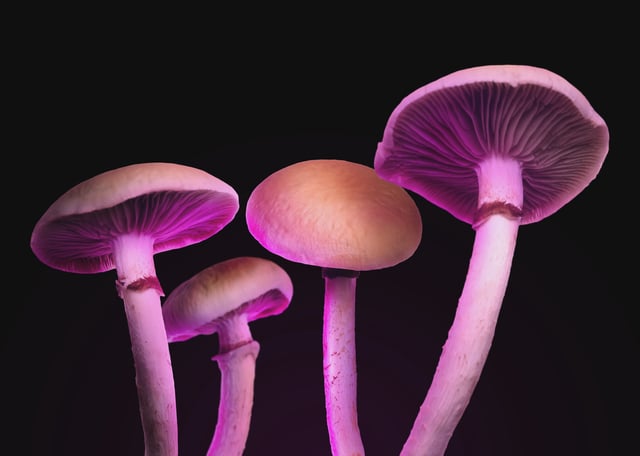Overview
- In vitro treatment of human lung fibroblasts and skin cells with psilocin extended cellular lifespan by up to 57% through telomere preservation and reduced oxidative stress.
- Monthly psilocybin dosing enhanced survival by up to 80% in aged mice, with treated animals exhibiting improved fur quality and fewer signs of physical decline.
- Mechanistic studies linked psilocybin’s benefits to elevated SIRT1 expression and reduced GADD45a activity, indicating stronger DNA repair and slower cellular senescence.
- Dose-response experiments showed that higher concentrations of psilocin produced proportionally greater extensions in cellular lifespan.
- Researchers at Baylor College of Medicine and Emory University are designing human trials to fine-tune dosing regimens and assess long-term safety before clinical application.



